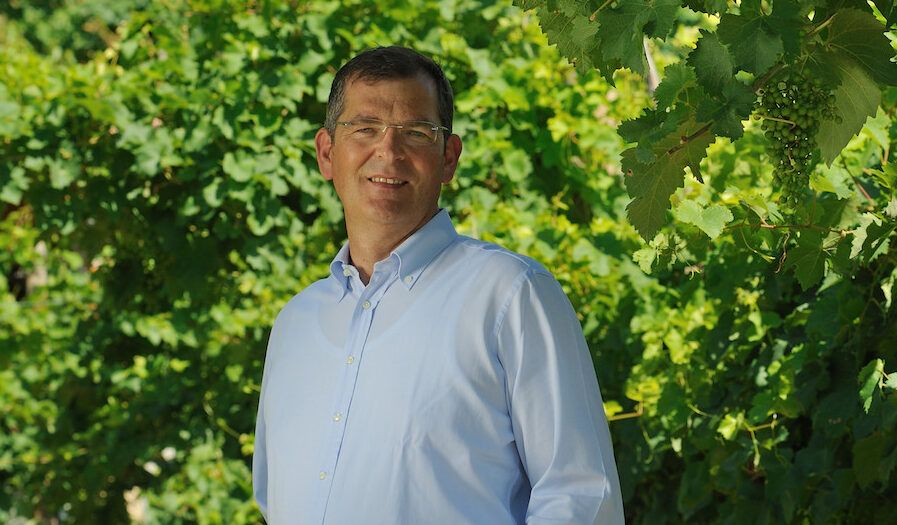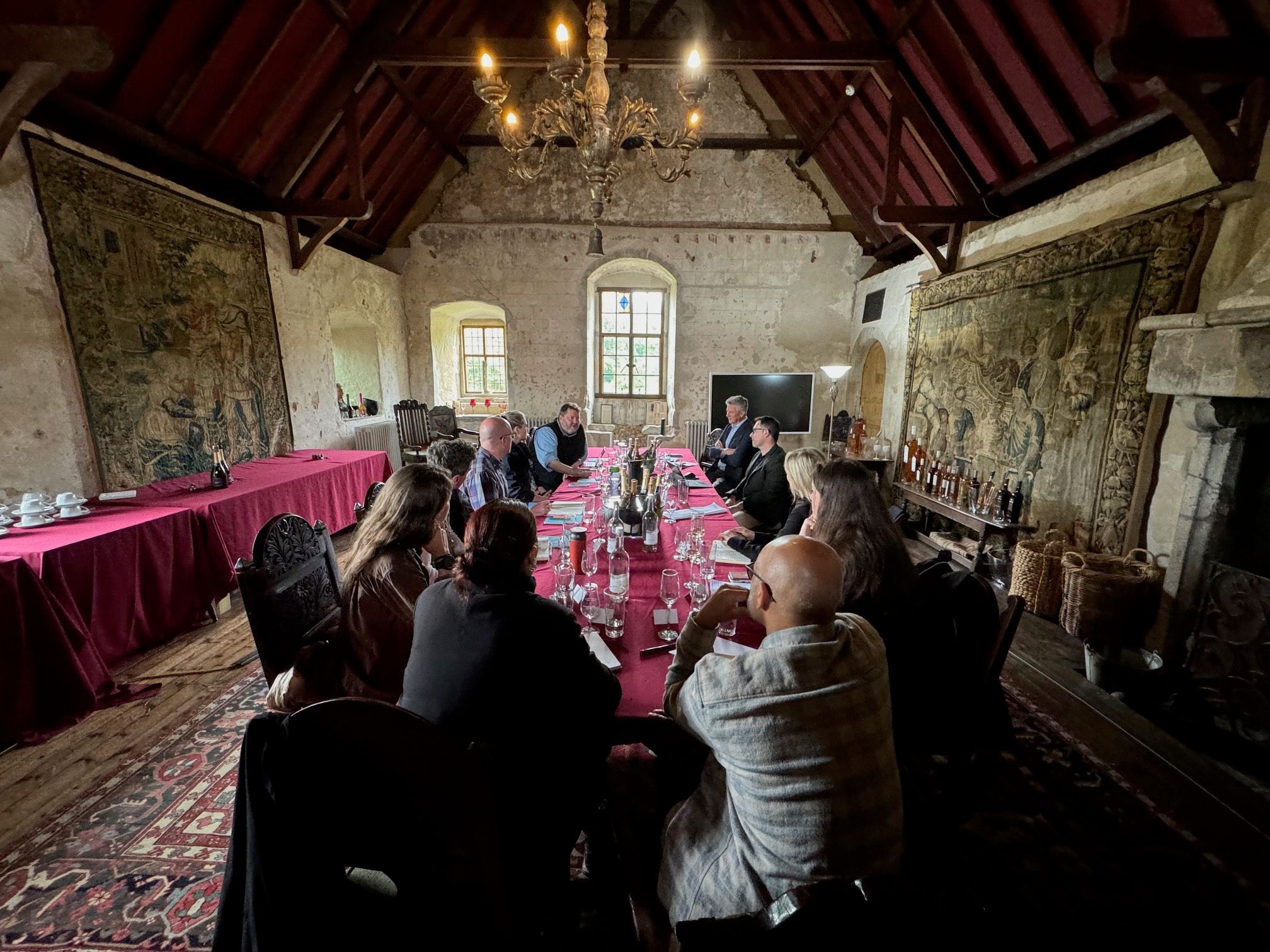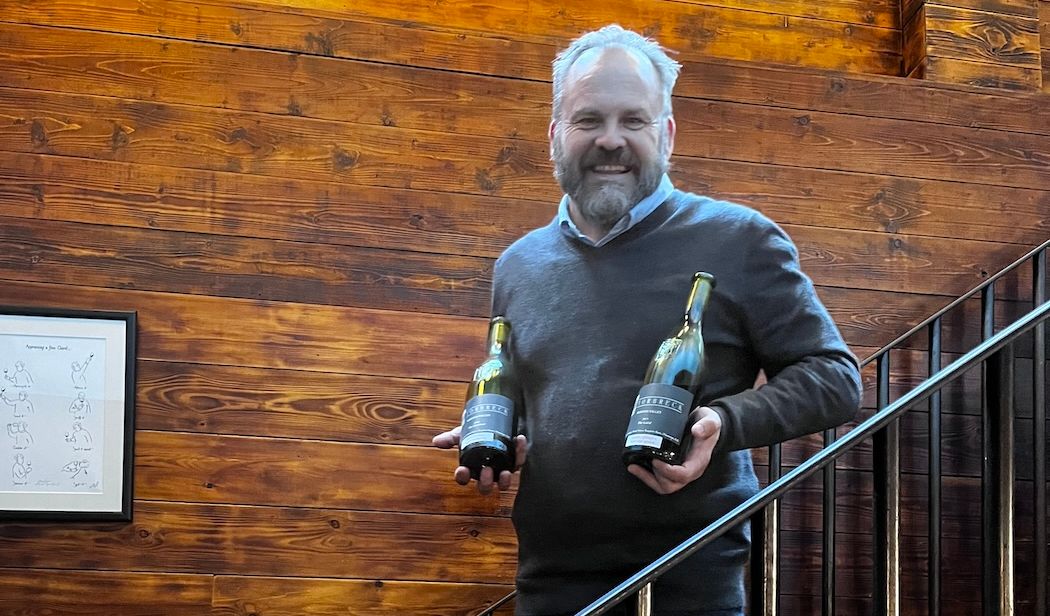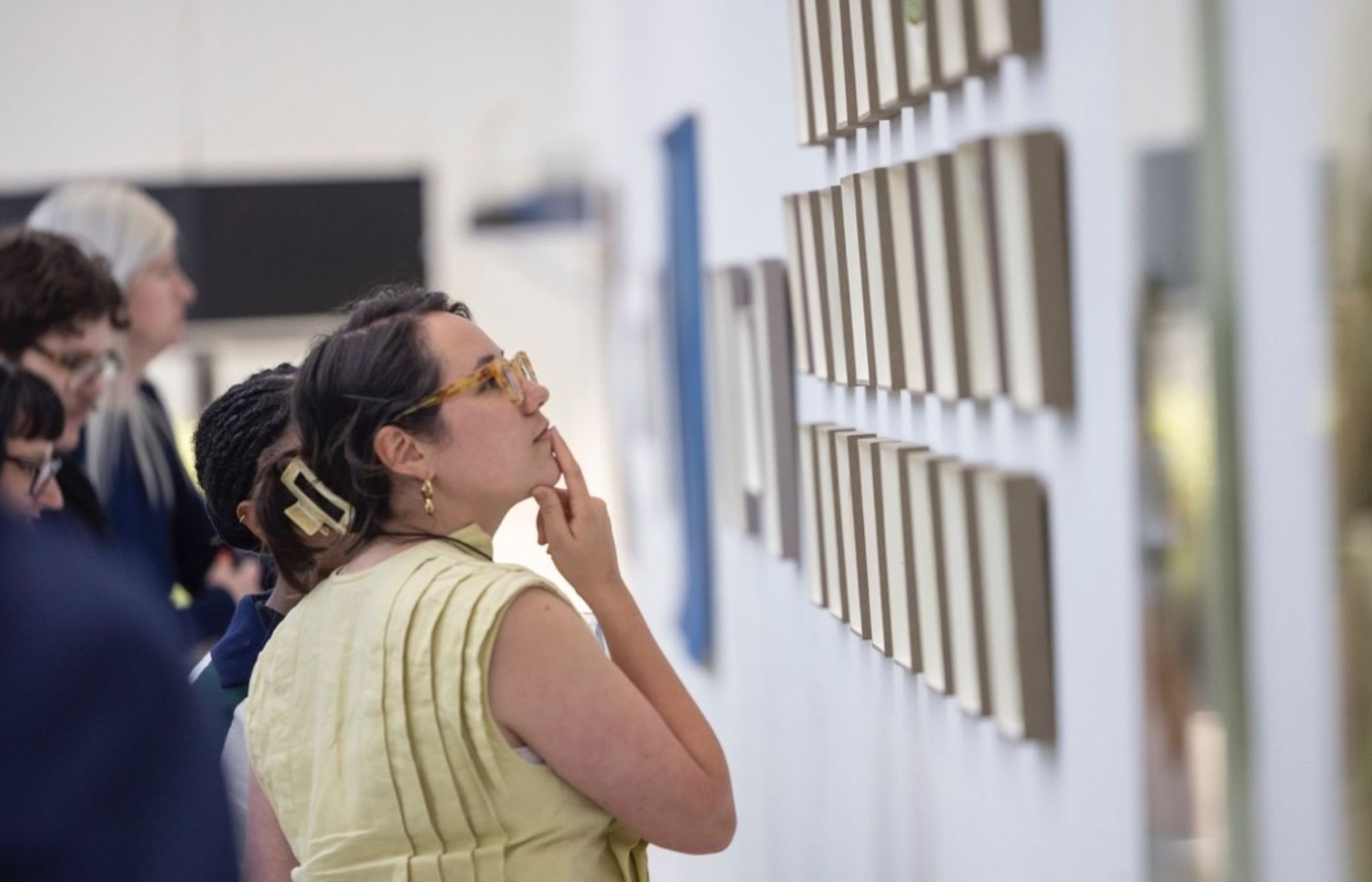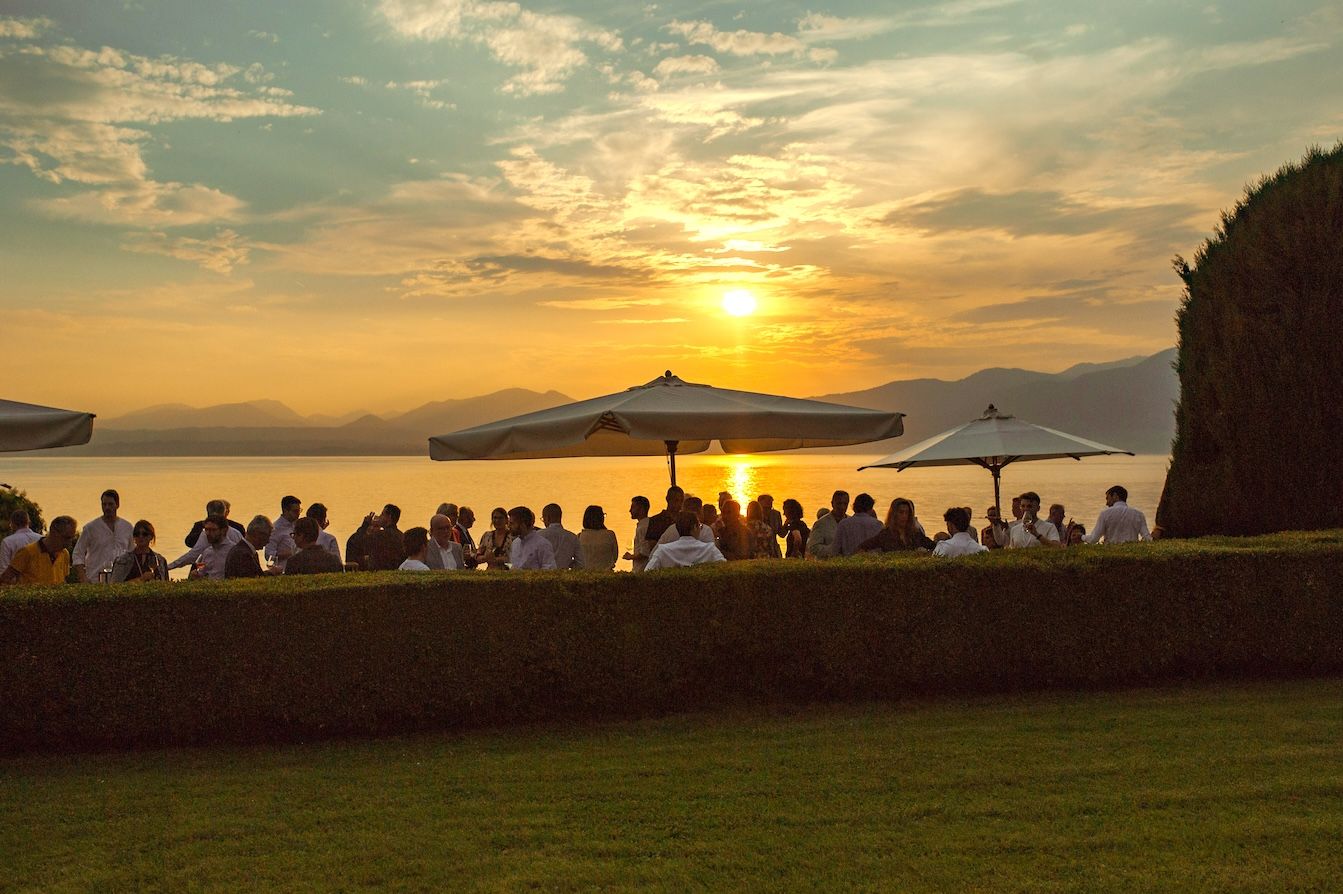“The results of 2020, in the most challenging economic and market contexts, vindicate the far-sightedness of the Consorzio’s choices, namely, focusing on product quality, the value of the denomination, and on the safeguarding of the territory,” says Nardi.
Peter Dean: The UK is now your number 1 export market – what percentage of those sales has been on-trade and what percentage has been off-trade?
Innocente Nardi: The UK became the top export market for us recently in 2019, when the UK overtook Germany to become our most important export market. In that year we almost doubled sales to the UK compared to 2018, with a value of €62.9 million and volume of 12.7 million bottles.
In terms of all sales (domestically and abroad) the on-trade accounts for just over half of our total sales by value, and one third by volume. We don’t have data on the on-trade/off-trade split per market. We do know that the rapid development of the UK market in 2019 was a result of significantly increased demand, and some new producers entering the UK market.
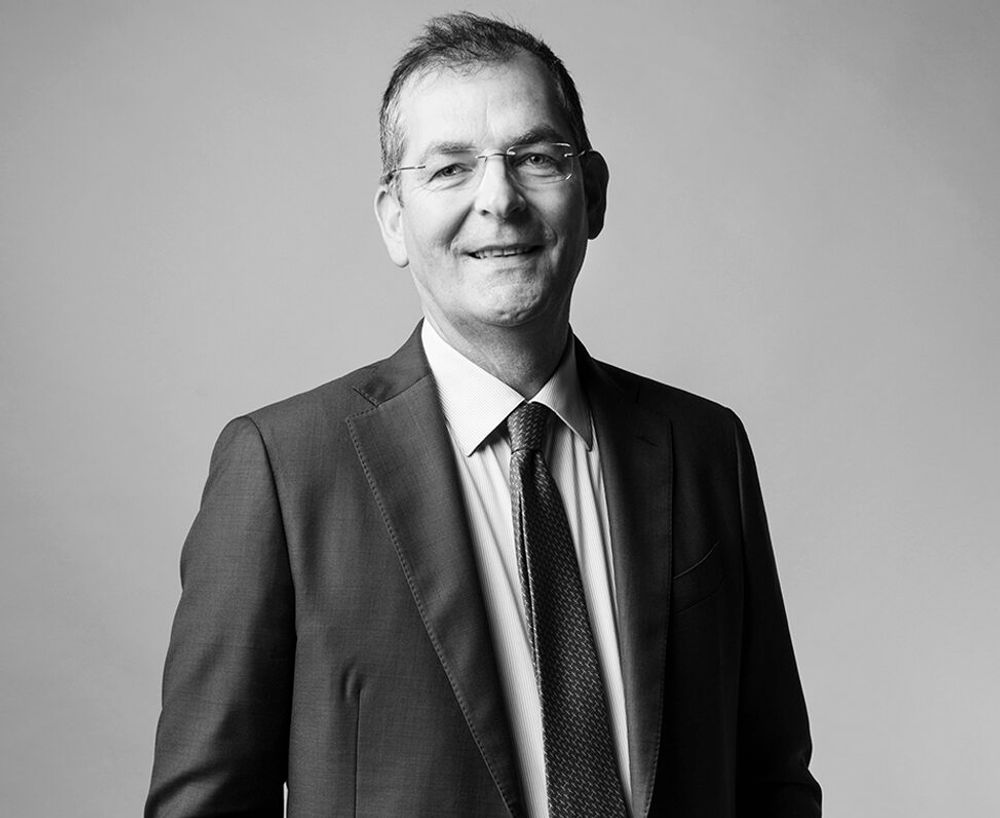
Innocente Nardi
Is the phenomenal success of budget Presecco in the UK a good thing for Conegliano Valdobbiadene Prosecco Superiore or one that presents you with insurmountable problems?
Conegliano Valdobbiadene Prosecco Superiore DOCG accounts for about 10% of the Prosecco exported to the UK. We believe that the wide availability of Prosecco DOC has certainly played a key role in introducing this sparkling wine, nationally, to a new category within the sparkling segment. The commercial breakthrough of the base product has had positive effects because it has led to a great popularity of Prosecco; at the same time it requires companies to work more and more towards quality improvement and to communicate the differences that exist inside the world of Prosecco.
Do you think people are starting to get the message about the superior quality of Conegliano Vadobbiadene Prosecco Superiore?
The activities that the Consortium has carried out over the last three years in the UK, in collaboration with Sarah Abbott MW, have been aimed at communicating and proving this message. To this end, we have organised numerous trips and tastings, both real and virtual, to explain to trade and media the specific characteristics of the soils, topography, climate, companies, and heritage of Conegliano Valdobbiadene Prosecco Superiore. We are an historic wine making region, with a unique terroir.
By explaining the different terroirs of the Denomination, the different types and philosophies of production, the history of the area and its heroic viticulture, we believe we have achieved our first objective: to help wine professionals and journalists understand the reasons for the distinctive character and superiore quality of Conegliano Valdobbiadene Prosecco Superiore. We are delighted that this is increasingly recognised both in terms of sales, and media coverage.
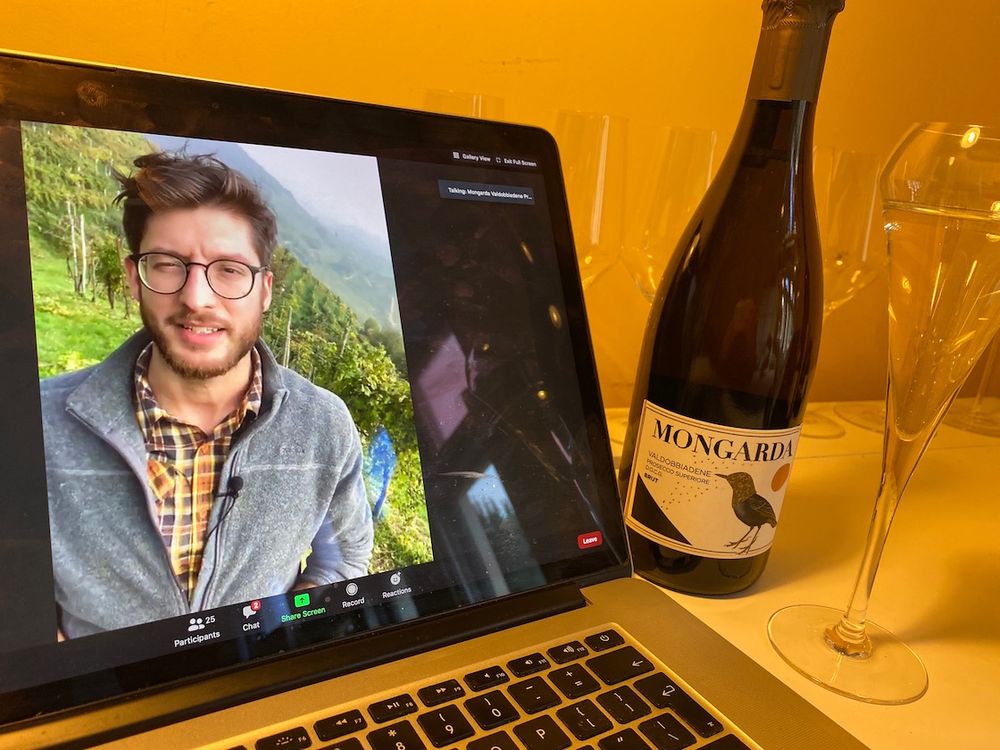
Visiting the region in October through a virtual press trip
In the summer of 2020 you announced the reduction of yields from 13,500 to 12,000. Why was this decision taken and what has it achieved?
Production this year stood at 120 q/ha, down by about 10% compared to 2019. The causes of the limited production were determined by a lower bud fertility, i.e. fewer bunches per vine, and by the more sparse bunches, i.e. fewer grapes per bunch. The decision to reduce yields was taken in June 2020, following scientific analysis carried on by the CREA, Research Institute for Viticulture and Enology, based in Conegliano.
Also in June 2020, following market analysis from the University of Padua relating to sales forecasts and consumption trends in the context of Covid-19 crisis, the storage of a certain quantity of product was approved. This measure has two objectives: to guarantee the value of the Denomination, and to support the profitability of each individual company. It is a patrimony of all that must be defended.
We have worked in the knowledge that we still have many challenges ahead of us and this is why the Consortium has adopted policies based on “healthy prudence” to guarantee the quality and value of the Denomination on the market. Policies that do not jeopardise any particularly positive economic scenarios thanks to the possibility of using the product put into storage. Heroic viticulture defends itself by building value and not by quantity.
2020 was another record year in the DOCG with 92 million certified bottles, the same output as 2019. What were the reasons for that success? How much of this wine has sold through?
We brought 2020 to a close with excellent results, which is particularly significant considering the year that we have had. It wasn’t easy, but we have achieved truly a historic result. The companies of the denomination have proven their ability to adapt to the ominous situation of the market, while still bound by the strict measures that we have been forced to adopt. The final result is due to a strong recovery in December, which saw an increase in certifications compared to previous years, and that offset the poorer results in the harder months of 2020.
This result underlines the close relationship between the companies and their market. The companies as a whole, have managed to effectively adapt to the requirements of the sales channels, in a context in which on-trade sales – a channel that in Italy and abroad accounts for about one third of consumption in volume, and more than half in value – were extremely limited. Producers were able to maintain sales levels through diversifying sales channels, as well as through e-commerce. The value that consumers recognise in the denomination is the result of the work of an entire community that is committed, in the vineyard and in the cellar equally, to product quality and to the protection of the territory of origin. Thanks to our collective approach and focus on quality above quantity, we are not facing issues of excess stock.
The results of 2020, in the most challenging economic and market contexts, vindicate the far-sightedness of the Consorzio’s choices, namely, focusing on product quality, the value of the denomination, and on the safeguarding of the territory.
What revisions have had to be made to the DOCG’s marketing plans in the light of Covid-19?
2020 was a particular year, in which we found ourselves rethinking our promotional activities, in order to cope with the impossibility of holding events in person or organising press and trade trips to the area.
We welcomed the potential of digital channels, exploiting them for the development of activities traditionally organised in person. Internal communication has been strengthened and new ways of involving insiders and consumers, in Italy and abroad, have been tried out, such as remote tastings and virtual press and trade trips. In particular, as far as the United Kingdom is concerned, we organised three virtual trips of the Denomination: programmes lasting two half days, in which we tried to convey all the richness and variety of our territory through the involvement of experts, videos and live connections from the vineyards and cellars. We had excellent feedback to these virtual trips and tastings.
How will Brexit change your relationship with your number one export market do you think?
With Brexit two important aspects are confirmed for our producers: the absence of export duties and the recognition of geographical indications already registered. Probably there will need to be a period of adaptation to the new bureaucratic procedures for export by producers, but in general we believe that Brexit will not be an obstacle to the export of our wine, which is increasingly appreciated by British consumers.
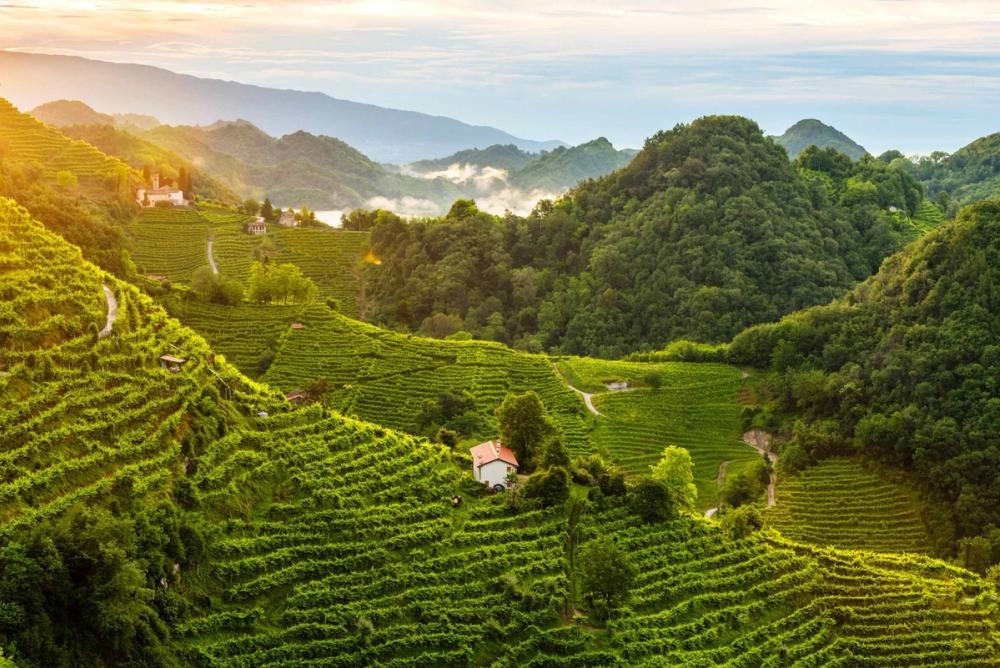
Being recognised as a Unesco World Heritage Site has had many significant benefits
What do you think has been your greatest achievement whilst being President of the Consorzio di Tutela? And why?
The most important milestone achieved in recent years has undoubtedly been the recognition of the Prosecco di Conegliano Valdobbiadene hills as a Unesco World Heritage Site, which took place in July 2019 and is the result of work begun by the Consortium ten years earlier.
This recognition has placed the Denomination within an exclusive club, which includes the most extraordinary sites in the world, whose value and uniqueness are universally recognised. Thanks to this recognition, Conegliano Valdobbiadene Prosecco Superiore DOCG has acquired the status of a cultural product, the fruit of man’s work in harmony with nature and the result of know-how that has been handed down from generation to generation for centuries in this area. If today our sparkling wine has achieved a well-defined identity, it is also thanks to this recognition, which has strengthened the link between product and territory. In this sense, we can talk about a cultural product, which, unlike a trendy or extemporary product, is not subject to the fluctuations of fashion, but is destined to last over time.
The first tangible effects of the Unesco World Heritage recognition were already seen in the months following the nomination, leading to a significant increase in tourist flows in the second half of the year (+ 13%), compared to 2018.
If 2020, was a particular year, due to the pandemic, which led to travel restrictions, we believe that the value of the UNESCO Heritage Site in this new context could further increase and become a source of greater interest for potential visitors. On the leisure tourism front, the Conegliano Valdobbiadene area has all the credentials to be one of the most sought-after destinations in the post-Covid period. In fact, it is precisely those places that guarantee open-air experiences, the possibility of getting away from it all and accommodation in facilities such as B&Bs, flats and independent solutions that will be the preferred choice of future tourists.
Recognition as a Unesco World Heritage Site is not only a goal, but also a new starting point for safeguarding the beauty of its landscape, which will strengthen the path of sustainability that the Consortium has been following for years and which has already led to notable results, such as the elimination of glyphosate in 2019, making Conegliano Valdobbiadene the largest agricultural area in Europe to have banned the use of this product.
Regarding this banning of the use of glyphosate in vineyards, why did you focus on this particular herbicide over others? Is the DOCG unique in Italy in managing to ban this herbicide?
The ban on the use of glyphosate is one of the most important milestones achieved thanks to the Viticultural Protocol, an initiative launched by the Consortium in 2011 and which has become the core of the Consortium’s activities in the field of sustainability.
The Viticultural Protocol of Conegliano Valdobbiadene Prosecco DOCG is a document signed by a commission of experts chaired by the Consortium to promote and safeguard the production area and the beauty of its landscape. The aim is to indicate to winegrowers the good practices to be used in viticulture in order to minimise the impact and the risk of the use of plant protection products on man and the environment.
Over the years, several results have been achieved: dating back to 2013, the exclusion of all formulations containing Folpet, Mancozeb, Dithianon-based products, and several other substances that the law would have allowed to be used, as happened later in 2016. In 2018, a decision was taken by local administrations to ban glyphosate, a measure that became reality in 2019 and that made our Denomination the largest area in Europe to have eliminated the use of this product, which continues to be used in many Italian and European agricultural areas.
Glyphosate is the most widely used herbicide in the world and highly controversial, given that some studies have classified it as a probable carcinogen. In order to preserve the health of our vine growers and citizens, we considered this step fundamental, and we believe that with this action our territory has further confirmed its role as a cutting-edge laboratory of environmental sustainability, unique in Italy.
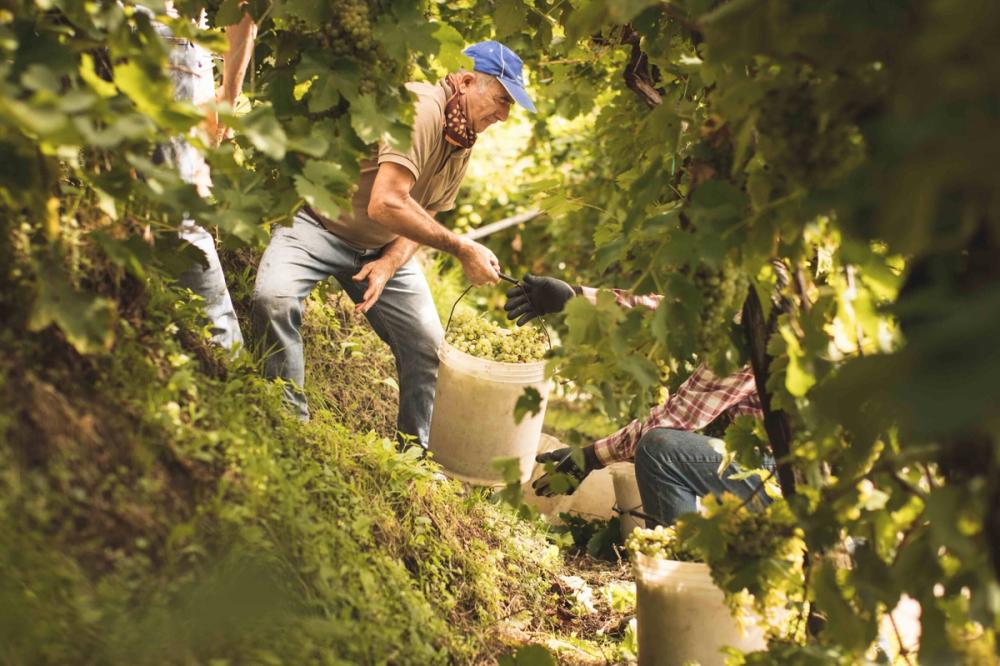
The use of synthetic chemical substances in vineyards has been minimised through the new certification
What further work is there to be done on sustainable, alternative vineyard management in the DOCG?
The path towards an increasingly sustainable appellation and viticulture is constantly evolving. Since 2019, the Consortium has been promoting a certification project for the territory, according to the S.Q.N.P.I. system. (National Quality System Integrated Production). The certification S.Q.N.P.I. certification (operational since January 2016) is a system that takes into account all the means of production and crop protection from adversity, with the aim of minimising the use of synthetic chemical substances in vineyards and rationalising practices such as fertilisation. It is based on the establishment of specific technical standards for each crop and binding phytosanitary indications (production specifications issued at regional level), including agronomic and phytosanitary practices and limitations both in the choice of phytosanitary products and in the number of annual treatments. In this way, the adhering farm decides to create the best compromise between environmental, health and economic needs.
117 farms joined in 2020, compared to 35 in 2019, covering a total area of approximately 1400 hectares (out of a total of 8500). The project plan hopes to achieve overall certification of the Conegliano Valdobbiadene Prosecco Superiore DOCG appellation by 2029.
The Consortium has also entered into a partnership with the Symbola foundation, which promotes Italian realities of excellence in the field of quality and sustainability, identifying five trajectories of action for the future:
– the reduction of the use of plant protection products;
– the rational use of water resources in the wine-growing process;
– the protection of the chemical and physical characteristics of the soil;
– the reduction of climate-altering gas emissions and the promotion of energy efficiency measures and energy production from energy efficiency measures and production of energy from renewable sources in the wine-making process;
– the recovery and recycling of materials/production waste and the promotion of environmentally friendly packaging.
If you could change just one thing during your tenure as President what would it be?
I am satisfied with the work done and the results achieved over the years. The Appellation has proved to be in the forefront in many fields and in particular in the field of sustainability, which I believe will be further developed in the future.
The Consorzio is one of the main sponsors of Wine Future which takes place from today February 23. Its two sessions are:
23 February, 17.30-18.15 CET Economics & Finances in Challenging Times Professor Eugenio Pomarici, Professor of Agricultural Economics at the University of Padova will be representing the Consorzio 26 February, 16.00-16.45 CET Sustainability Matters Roberto Merlo, consultant viticulturist to the Consorzio will be speaking
